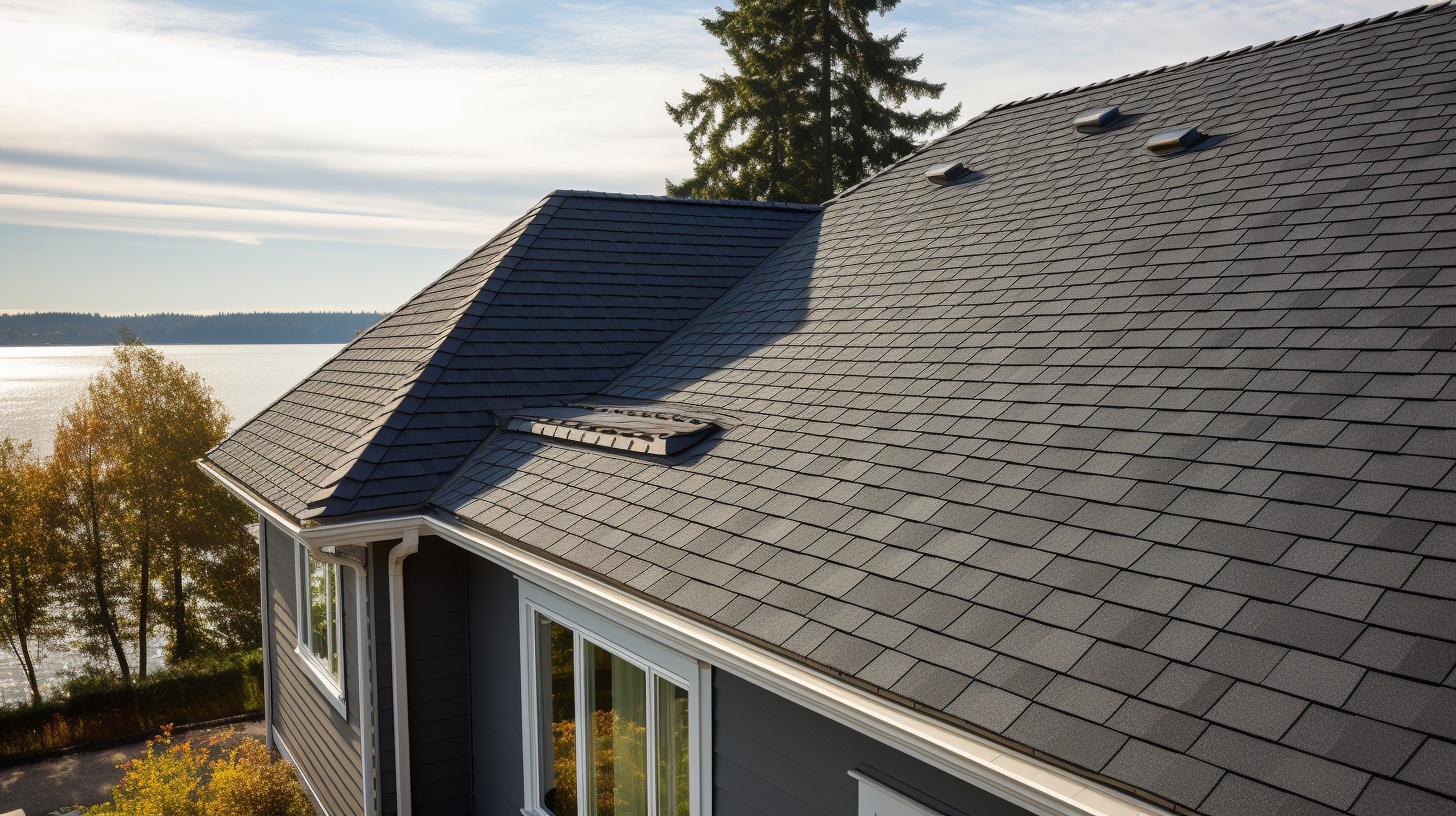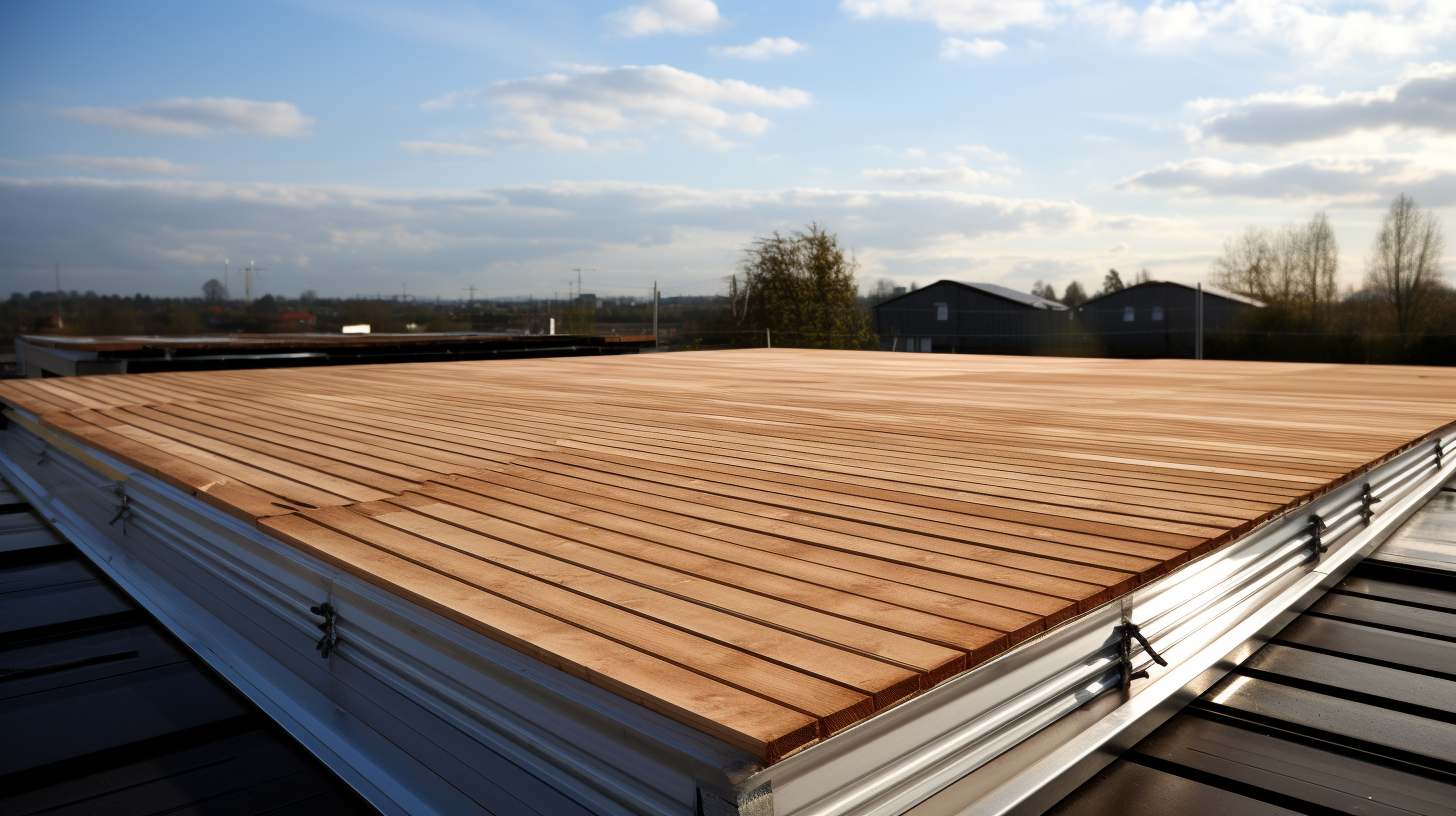The Making of Asphalt Roofing Shingles: A Deep Dive
Asphalt roofing shingles have become the go-to choice for many homeowners, and it's not hard to see why. Their resilience, minimal upkeep, and cost-effectiveness make them a top contender in the roofing market. But what goes into the creation of these shingles? Let's delve into the intricate process of crafting asphalt roofing shingles.
Key Ingredients
At the heart of every asphalt roofing shingle are two primary components: asphalt and fiberglass. The former, a byproduct of petroleum, is heated and amalgamated with various elements to produce a pliable blend. Fiberglass, on the other hand, is incorporated to enhance the shingle's strength and rigidity. Additionally, mineral fillers like limestone or clay, along with color pigments, play a crucial role in the shingle's composition.
The Production Process
The creation of asphalt roofing shingles is a meticulous procedure that involves both heat and pressure. The asphalt concoction is subjected to temperatures exceeding 300 degrees. Post heating, this mixture is channeled into specialized machinery that exerts pressure, shaping the shingles. Once molded, these shingles undergo a cooling phase and are subsequently trimmed to the desired dimensions.
Ensuring Top-Notch Quality
Quality assurance is paramount in the realm of asphalt roofing shingle manufacturing. Rigorous inspections are conducted at multiple junctures during the production cycle to ascertain that the shingles align with established standards. Post-production, these shingles undergo stringent tests to evaluate their robustness and longevity.
Varieties and Styles
Asphalt roofing shingles are not a one-size-fits-all product. They are available in an array of colors and designs to cater to diverse aesthetic preferences. The three-tab shingle, characterized by its quintessential rectangular design, is among the most sought-after. For those desiring a more intricate appearance, the architectural shingle, boasting a textured facade, might be the perfect fit. Moreover, for homeowners aiming to replicate the elegance of slate or the rustic charm of wood shakes, specialty shingles are the answer.
Weighing the Pros and Cons
While asphalt roofing shingles offer numerous benefits such as durability, ease of maintenance, and cost-effectiveness, they are not devoid of drawbacks. One of the primary concerns is their vulnerability to wind-induced damage. Moreover, their lifespan might be shorter compared to some alternative roofing materials.
If you're contemplating a roof overhaul or repair, asphalt roofing shingles could be an optimal choice, especially if you prioritize low maintenance and cost-efficiency. When considering asphalt shingles for your abode, it's imperative to collaborate with a trusted roofing partner. Unisource Roofing, one of the leading roofing companies in Louisville KY, is equipped to guide you in selecting the ideal shingle variant tailored to your home and budget, ensuring impeccable installation.
For all your roofing needs, trust the expertise of Unisource Roofing, a name synonymous with quality and excellence in the Louisville roofing contractors' community.
In Conclusion
Roofing decisions are pivotal, impacting both the aesthetics and functionality of your home. Asphalt roofing shingles, with their myriad advantages, have emerged as a favorite among homeowners. Whether you're leaning towards the classic three-tab shingle or the sophisticated architectural variant, ensure you're backed by the expertise of seasoned professionals like Unisource Roofing.






